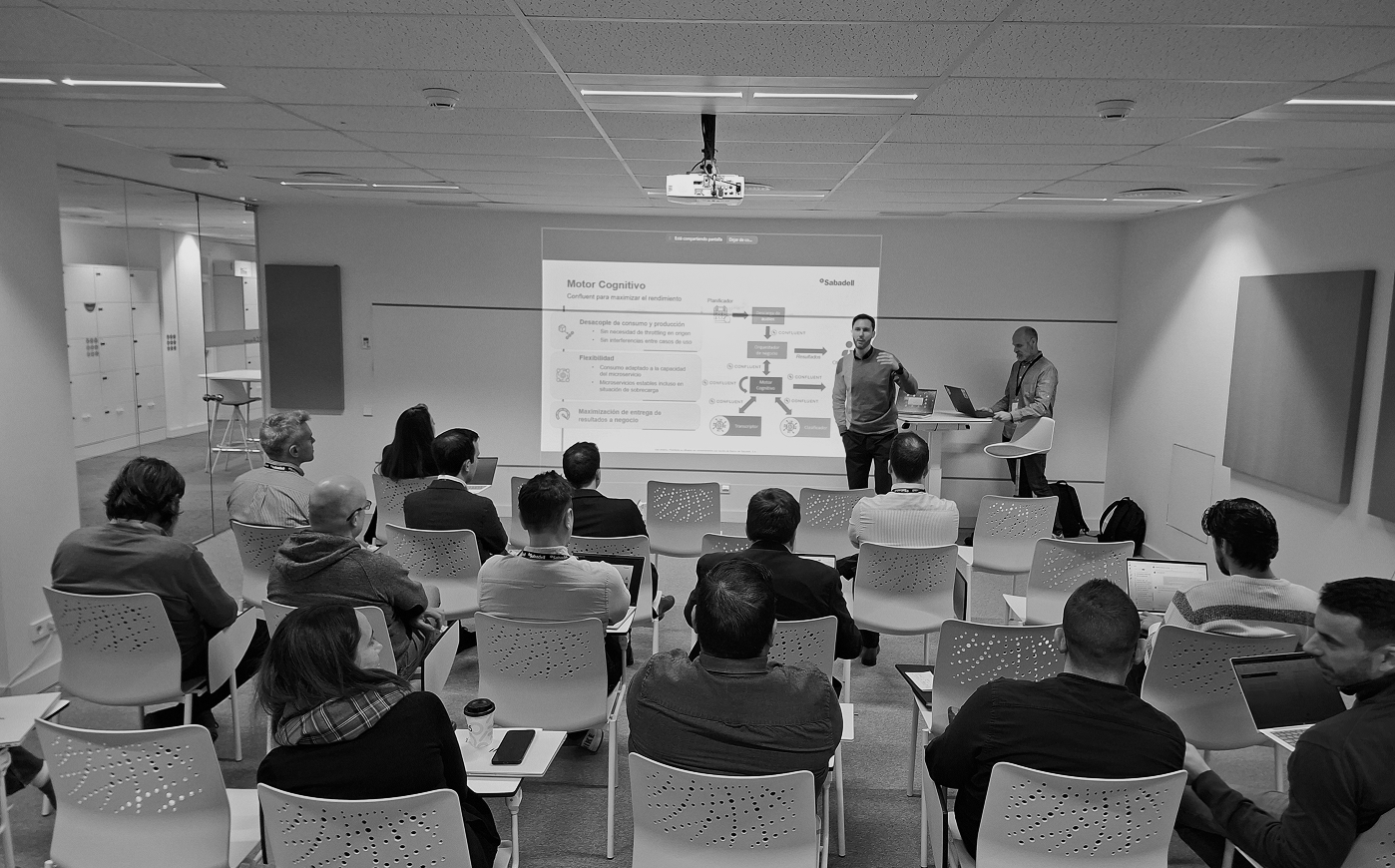In today’s digital age, generative artificial intelligence (AI) is revolutionising how organisations create content, make decisions and manage information. A key element of this transformation is the increasing use of unstructured data—a source of knowledge as rich as it is complex.
Data has become one of the most valuable assets for any organisation. However, to unlock its full potential, it must be transformed into useful knowledge that underpins strategic decision-making.
Advanced analytics goes beyond simply collecting and visualising historical data. It encompasses a set of techniques and tools that enable organisations to analyse large volumes of data from multiple sources, in order to uncover hidden patterns, predict future trends and prescribe optimal actions.
It draws on various disciplines such as machine learning, artificial intelligence (AI) and advanced statistics to extract value from available information. This allows us to move from asking “what happened?” (descriptive analytics) to “why did it happen?” (diagnostic analytics), “what will happen?” (predictive analytics) and, most importantly, “what should we do about it?” (prescriptive analytics).
Why Is Advanced Analytics So Relevant Today—Especially for Banco Sabadell?
The financial sector operates in an environment marked by economic uncertainty, increasing regulatory pressure and competition from new digital players. This context demands agile, data-driven responses and effective risk management.
Advanced analytics has become a key tool for anticipating trends, personalising services and customer experiences and strengthening security. It allows institutions to better understand their customers and act proactively in the face of risks such as fraud, cyberattacks or reputational damage. In this scenario, relying solely on historical reports or executive intuition is no longer sufficient. Robust analytical capabilities are essential to anticipate change, tailor services and enable real-time decision-making.
At Banc Sabadell, advanced analytics is driving the transformation towards a more efficient, personalised and sustainable business model. Through it, we enhance decision-making with data-driven insights, optimise operational efficiency by reducing costs and manual tasks, and strengthen regulatory compliance by anticipating financial and legal risks. Furthermore, it enables us to deliver more personalised customer service, protect against scams and fraud and develop innovative solutions tailored to client needs, while advancing our sustainability and social responsibility commitments.
Benefits and Trends of Advanced Analytics in the Financial Sector
As the global environment continues to evolve rapidly—driven by technological advances and AI adoption—advanced analytics is also undergoing a constant transformation, which will significantly impact the financial sector in the coming years:
Advanced Analytics in Core Banking: AI and ML will no longer be mere support tools but will become fully integrated into core banking processes.
Real-Time Analytics: The ability to process and analyse data the moment it is generated will be crucial—enabling real-time fraud detection, instant personalised offers or dynamic risk strategy adjustments.
Quantum Computing in Analytics: Although still in its early stages, quantum computing promises to revolutionise data processing capabilities, opening the door to analytical models and optimisations currently beyond reach.
Emphasis on Cybersecurity and Data Privacy: Advanced analytics will play a key role in proactively detecting cyber threats, while reinforcing privacy measures to comply with regulations such as the GDPR.
Democratisation: “No-code/Low-code” tools and intuitive interfaces will allow a broader range of users—without deep technical knowledge—to access and use analytical capabilities in their day-to-day tasks, fostering a data-driven culture throughout the organisation.
Ultimately, advanced analytics is no longer just a technological tool—it is a new way of thinking and operating. At our institution, we have made data a strategic asset by embedding analytics into the bank’s DNA. Banks that embrace this revolution will not only optimise operations and mitigate risks but also create unprecedented customer experiences and uncover new sources of growth. Investing in talent, technology and a data-driven culture is now a strategic imperative. The future of banking is, without a doubt, a future powered by data intelligence.





